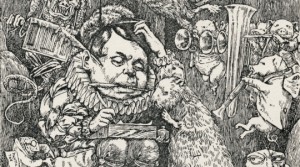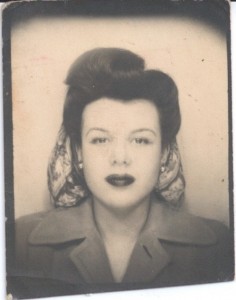
For the past couple of years, The Queen has been restricted to my head and in my DropBox. While that’s OK, it definitely wasn’t the point of working this hard. Obviously, writing is a form of communication but unless you find mumbling to yourself enormously satisfying, an important aspect of written communication involves other folks reading it.
To help my pre-publication readers know what kind of feedback would be most helpful, I developed a set of questions including:
- Is the book a “good read?”
- Are the characters interesting/compelling enough to want to spend time with them?
- Does the story pull you along?
- Is the narrator’s voice credible?
- Do you care what happens to the characters?
- Are the settings sufficiently realistic/detailed that you can visualize them?
- Did you get bogged down? Bored? Confused? If so, where?
While I wait for feedback, my imagination freely and happily ranges over a landscape dotted with negative comments. Of course I know that doesn’t make much sense, so to distract myself I’m working on the outline of a new book. Does that help keep my negativity in check?
Probably not.


 Because this novelis set in real places and at a real time in history, I needed to do a lot of basic research before
Because this novelis set in real places and at a real time in history, I needed to do a lot of basic research before